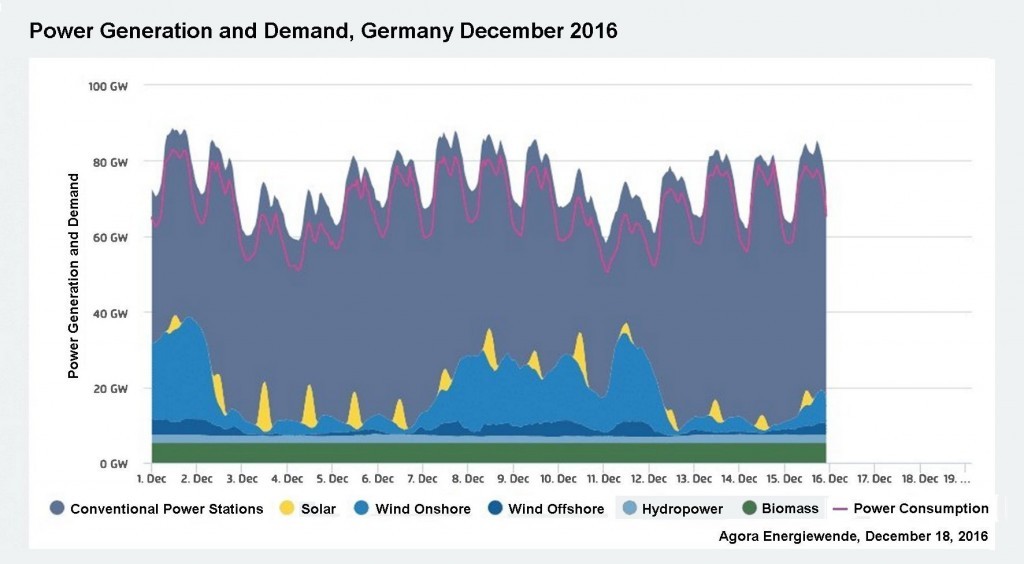Not in the least
Sask Power hasn't responded; and a second message was sent just to be sure the confirmation request got through
And powerhousesolar.ca "Live Tracker" isn't working yet either.
Evidence that neither the utility nor the equipment is reliable and "ready yet" You'd be frustrated and stressed to death at 40+ below (and howling winds) when any problem occurred.
Sask Power hasn't responded; and a second message was sent just to be sure the confirmation request got through
And powerhousesolar.ca "Live Tracker" isn't working yet either.
Evidence that neither the utility nor the equipment is reliable and "ready yet" You'd be frustrated and stressed to death at 40+ below (and howling winds) when any problem occurred.

Comment